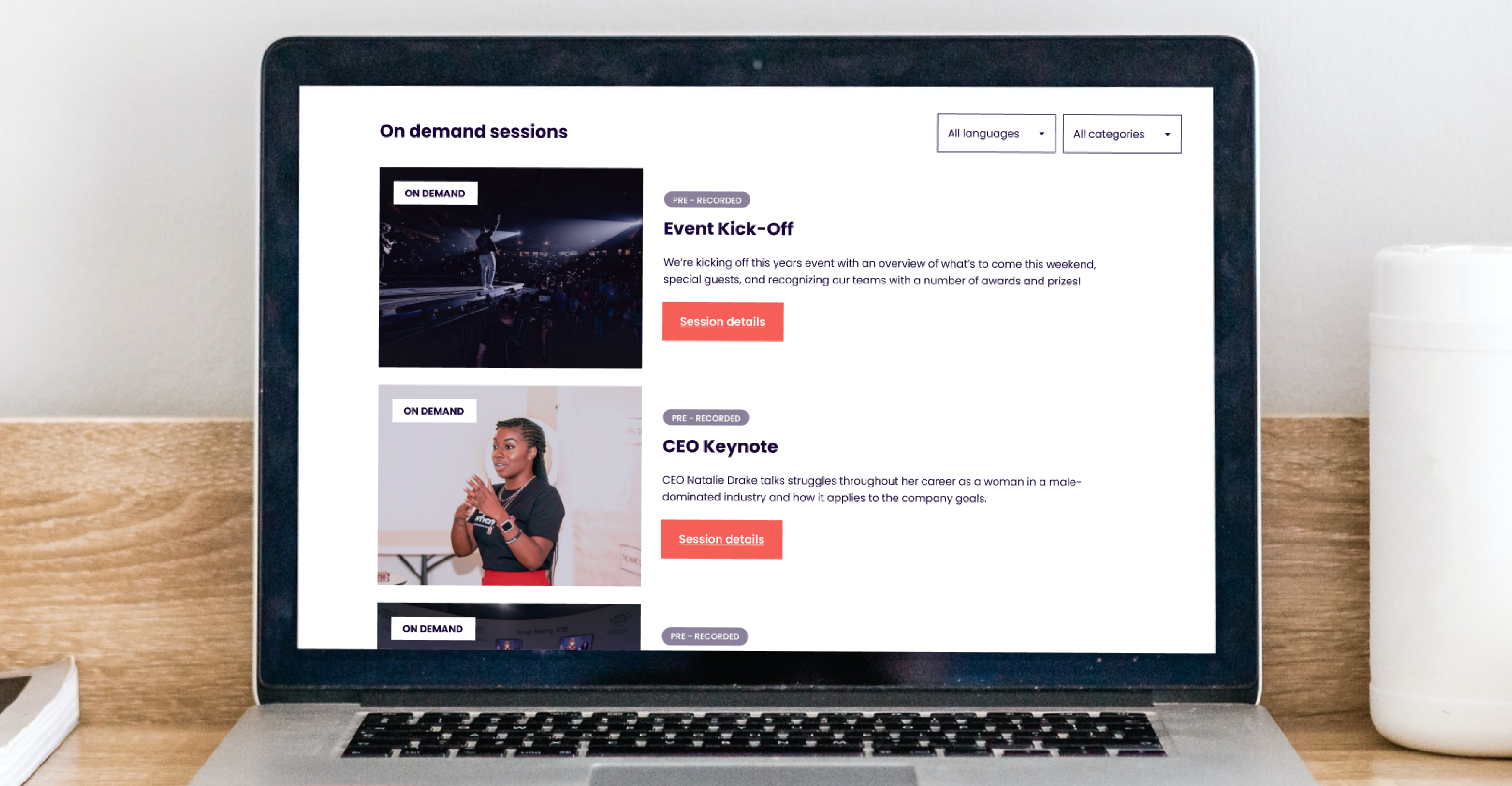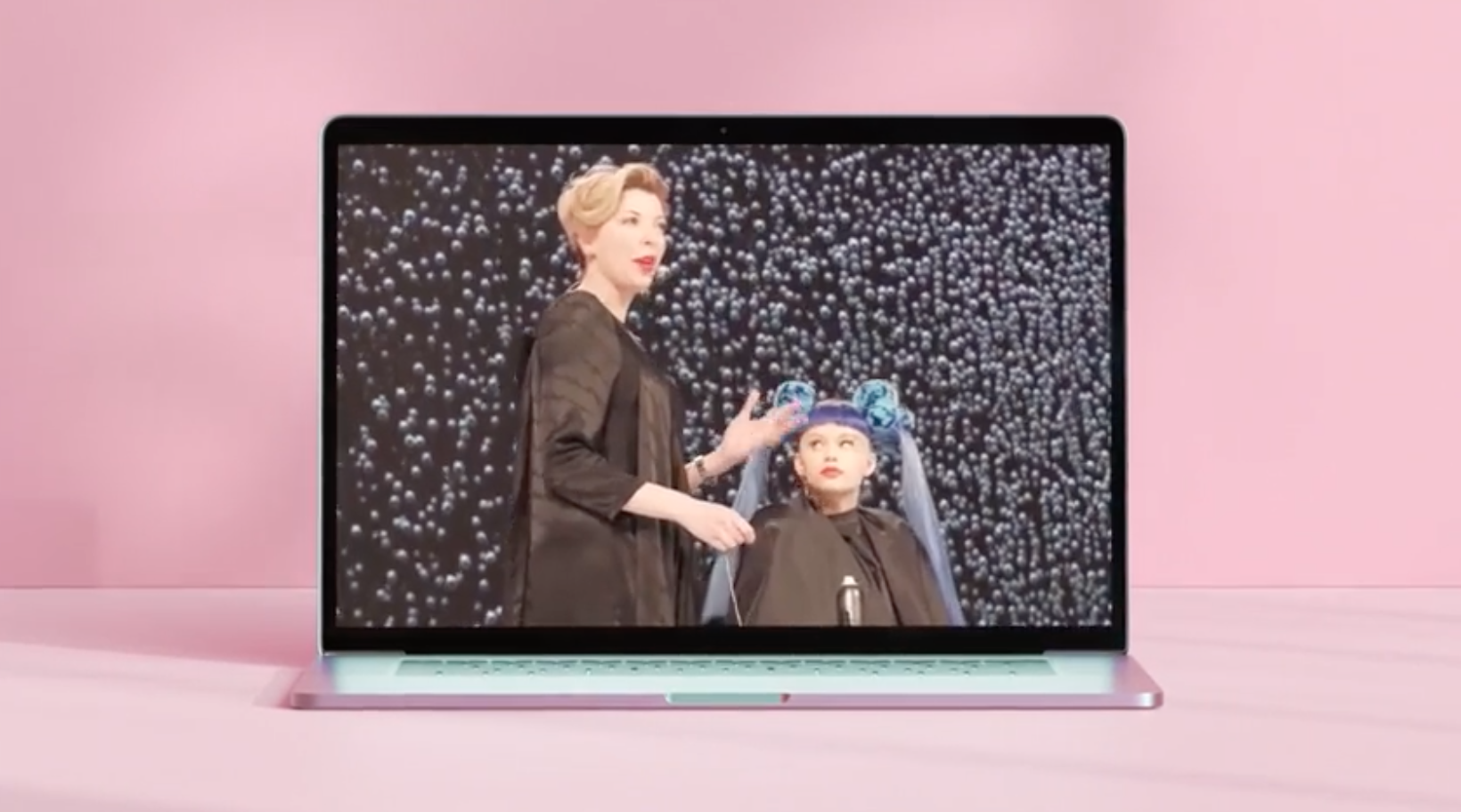
Brandlive’s CEO Discusses How Innovative Event Planners Find Inspiration from Hollywood
Today's innovative event planners are using tricks from Hollywood producers to create memorable experiences online.
introducing webinar+

webinars that defy gravity

Strategically using event strategy – and building exceptional virtual events around your audience – is paramount to crafting event content in a way that resonates with the right people.
Event planning starts with what you want to say and why you want to say it – but ahead of all that is who you want to talk to. That’s why centering your virtual event strategy around audience – particularly B2B and B2C engagement – needs to be at the top of the list when planning your next virtual event or webinar.
Many businesses target their messaging and marketing initiatives towards businesses (B2B) or consumers (B2C). But what separates the best marketers from the amateurs is refining your virtual event strategy to connect with your specific audience.
Both types of virtual event strategies require similar elements, such as a clear run of show, exciting segments, relevant speakers, and opportunities for audience engagement. But the difference between a B2B and a B2C virtual event strategy comes down to the overall tone of the event and how you communicate your message to that audience.
It’s important to know that effectively communicating with a B2B audience during a virtual event is much more complex than targeting consumers. The purchasing decisions are often process-driven and less emotional.
While content and storytelling must absolutely be at the forefront of any engaging virtual event, an effective story for a B2B audience focuses on building confidence in your product and brand rather than connecting through emotion. Keep your content centered around features and benefits, reiterating the value of your product. This is done by focusing on positioning; that is, the background of your organization and the real-life reasons why you’re telling your story at all.
Be sure to tell your brand’s story in a compelling way (with branded graphics and videos), and use plenty of data-driven stats and educational components to back it up. Bring in reputable presenters and speakers within your industry to show credibility; you can also present case studies of how you’ve helped other brands in the past. Lastly, focus on interactive polls and provide opportunities for networking, like virtual breakout sessions, so folks can mingle and ask questions in real-time.
Pro tip: Keep these principles in mind when creating your B2B event strategy, but don’t be afraid to pull some techniques from a B2C event in an effort to stand out from the crowd.
A typical B2C virtual event can generally be much more playful and emotional than what you’d see during a B2B event. With an event targeting consumers, you’ll want to focus more on messaging rather than positioning your company. You aren’t engaging in a low and slow relationship with this audience, so the products being sold in these types of B2C events will take less time when deciding to purchase.
As we mentioned with B2B events, the value of your event’s content is king – period. That said, during B2C events, you have the opportunity to put a more unique spin on what you tell and how you tell it. Get creative with your imagery, graphics, music, and videos: make your content so eye-catching that your audience won’t be tempted to turn away. You can also consider using giveaways, raffles, or providing codes for free or discounted products that are exclusive to that exact experience to keep people watching and engaged in the virtual event until the very end.
Understanding your audience is one of the most challenging and important aspects of a virtual event strategy. Taking the time to know what resonates with your audience is crucial, though, in determining the tone of your event and what kind of story you want to tell. All of these small tweaks and details add up to targeting your audience in just the right way, ensuring that you’re staying in line with your marketing strategy and that your message is heard loud and clear.
Navigation

Today's innovative event planners are using tricks from Hollywood producers to create memorable experiences online.

Start building your virtual event run of show with these best practices we’ve developed from producing thousands of events.

Four expert tips that the best marketers in the world use to ensure their events and webinars shine their brightest.